Summer is more than just high temperatures—it also brings humid weather, especially in coastal areas. These small climate changes can quietly affect your equipment, particularly the engine. If ignored, these effects may grow into bigger problems and even cause your equipment to shut down. Overheating is one of the biggest threats to engines during hot and humid conditions. To avoid this costly issue, keeping the radiator in good condition is essential. Radiator maintenance is more than just advice—it’s a key step in protecting your machine from serious damage.
So in this article, you’ll learn 7 practical tips to maintain your radiator, along with repair suggestions and long-term care strategies. These simple actions can help your equipment handle the summer heat with ease.
Importance of Radiator Maintenance
The radiator plays a key role in keeping your equipment’s diesel engine at a safe temperature. When it’s working right, it helps release heat fast so the engine doesn’t overheat. But if the radiator fails, your machine can quickly run into trouble.
That’s why regular maintenance matters. It helps the radiator transfer heat more efficiently, reduces the risk of overheating, and keeps your machine running smoothly. In the long run, this means fewer breakdowns and lower repair costs.
More importantly, it keeps the operator safe. Radiator failure has caused serious accidents, especially when overheating leads to loss of control. Even though heavy equipment isn’t fast, safety always comes first.
The good news? Radiator care is simple. Just check it regularly and keep it clean. Regular checks and simple cleaning can go a long way in protecting both your equipment and the person operating it.
Top 7 Radiator Maintenance Tips
Over the years, we’ve gathered 7 key maintenance tips from working with customers. These tips will help your equipment run better and last longer.
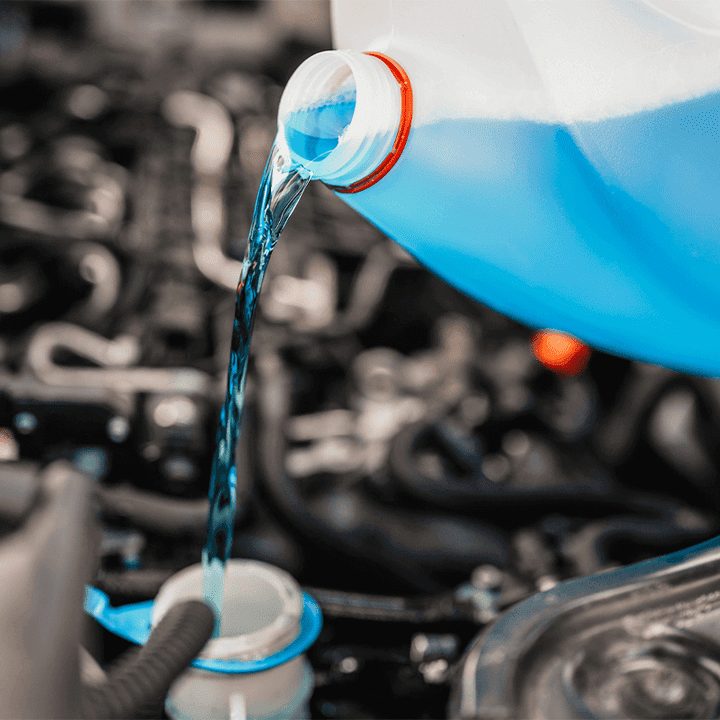
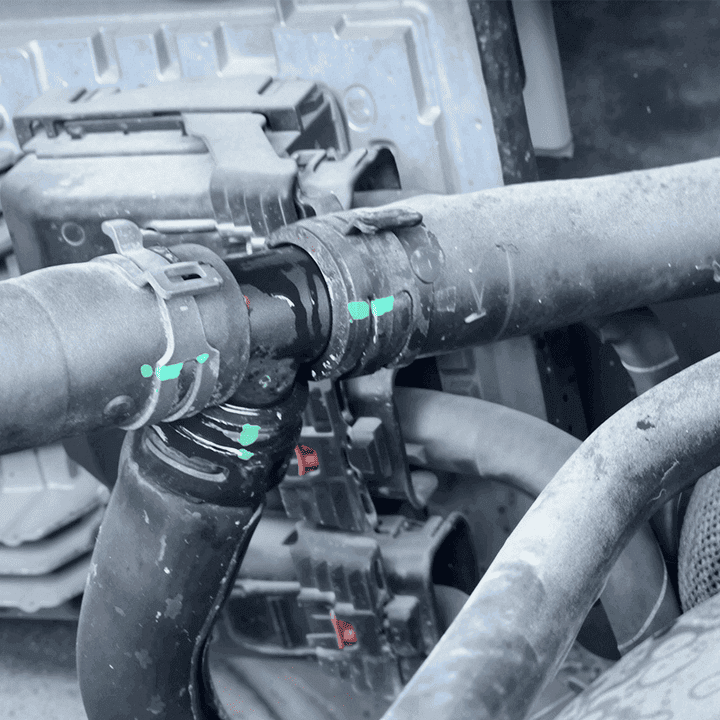
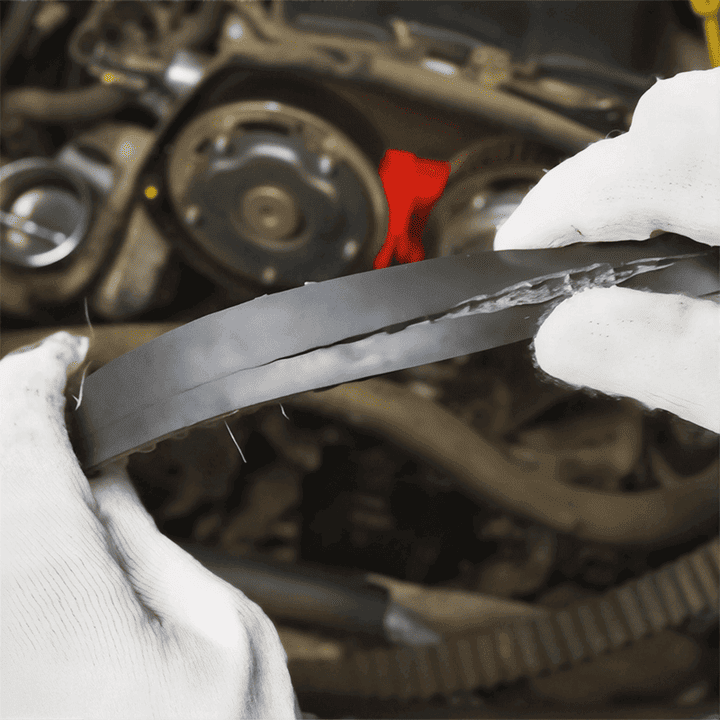
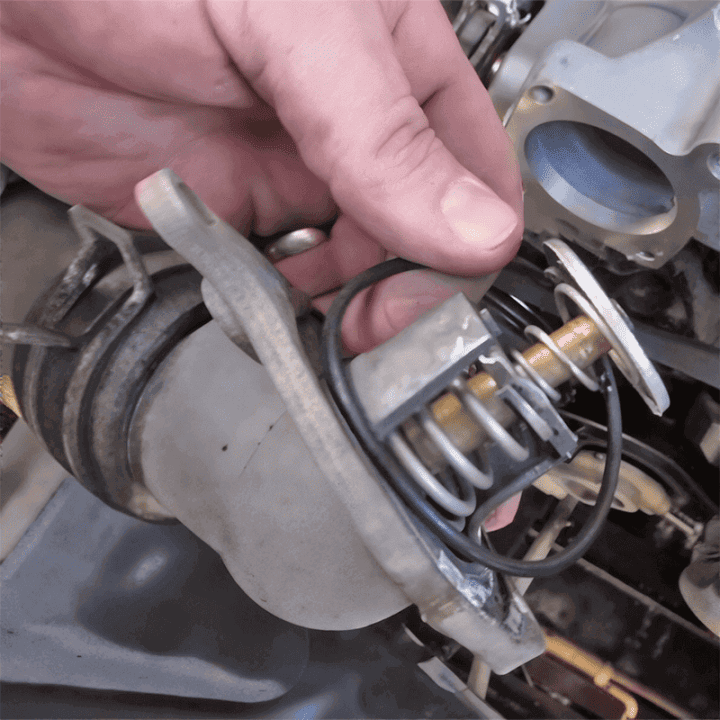
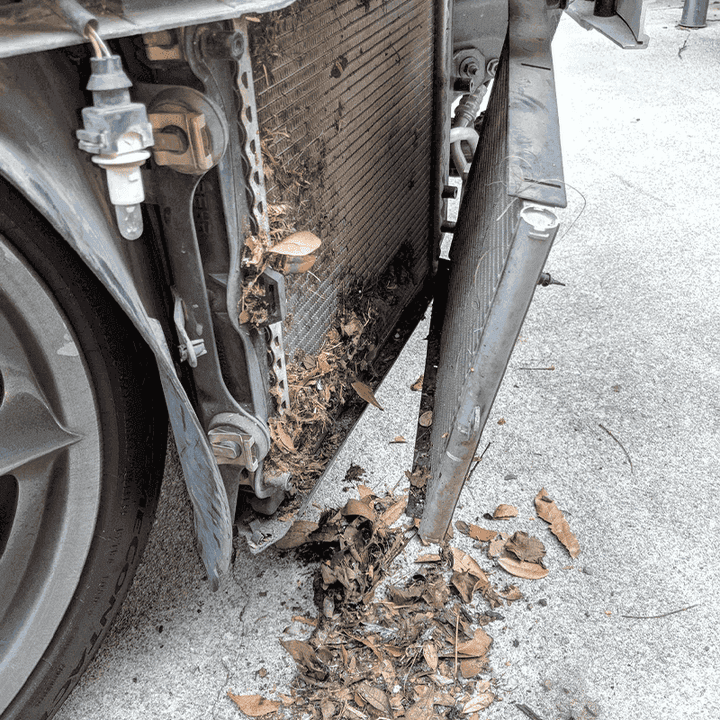
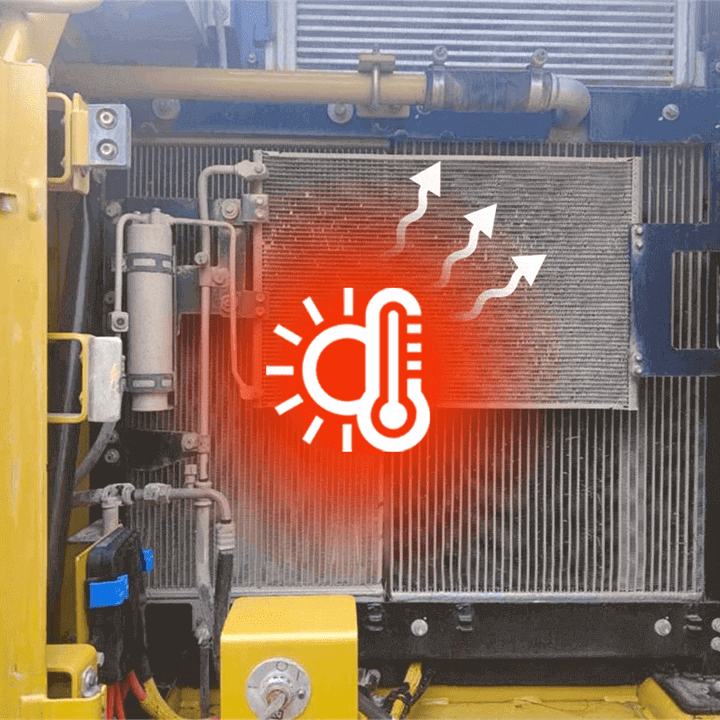
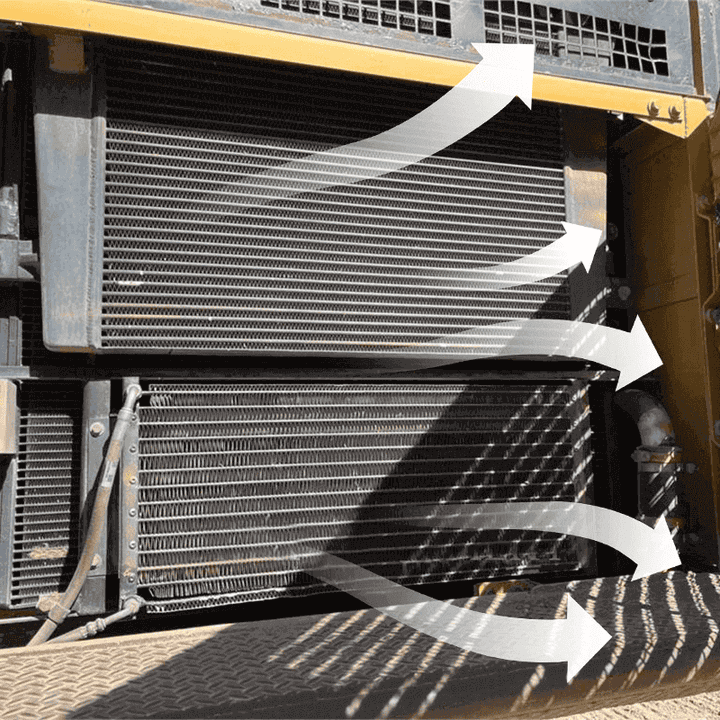
The 7 radiator maintenance tips above will not only help extend the life of your radiator but also keep your equipment running smoothly, especially in tough working conditions. Simple steps like topping off the coolant, checking for leaks, cleaning the radiator, and inspecting the fan can go a long way in preventing overheating and avoiding costly repairs. Just a few minutes of regular maintenance can save you hours of downtime—and that’s always worth it.

Professional Radiator Service and Repair
While these tips cover most day-to-day maintenance, some jobs are best left to professionals. A complete radiator flush or coolant flush is recommended periodically to remove built-up scale and corrosion from inside the system. Common repair services include pressure testing to detect hidden leaks, ultrasonic cleaning to remove buildup inside the radiator, or re-coring to restore full cooling performance. In more severe cases, replacing the radiator might be the best and most cost-effective option.
If you prefer, you can buy a quality radiator or parts yourself and have a repair shop handle the installation. This can help reduce the radiator repair cost compared to buying parts directly from the shop. When buying replacement parts, it’s a good idea to choose a reliable third-party supplier with strong customer feedback and years of experience, such as FridayParts. We offer reasonable prices and dependable product quality. You can also compare different options side by side to find the parts that best match your needs before placing an order.
Getting professional help early can stop small problems from turning into big, expensive ones. With timely inspections and repairs, your equipment will run more reliably, helping you avoid costly breakdowns and long downtime.
Long-Term Strategies for Radiator Care
Diesel engine radiator maintenance isn’t something you do once or only when problems appear—it should be a regular habit. Small issues, if left unchecked, can grow into serious and costly problems. That’s why it’s important to follow consistent care routines.
Start by flushing the cooling system at the intervals recommended for your equipment, and always use the correct type of coolant. Keep the area around the radiator clean and clear away any dirt, leaves, or debris that could block airflow. Every few months, inspect the hoses, belts, and clamps—especially after long hours of heavy work. Also, pay attention to the engine temperature gauge each time you operate the machine. These simple steps can help your radiator perform well for years and lower the risk of sudden breakdowns or expensive repairs.
Final Thoughts
Your radiator protects your engine, especially during the summer heat. Giving it proper care isn’t just smart—it’s vital for keeping your heavy equipment running strong. By following these 7 tips, from checking fluids to cleaning debris, you can lower the risk of overheating and keep your machine job-ready.
When maintenance uncovers a problem—like a cracked hose or a leaking radiator—replacing it with a quality part is important. Luckily, you can replace them for less at FridayParts.com, a rich OEM-quality aftermarket parts option for all major heavy equipment brands. Browse our website now!
